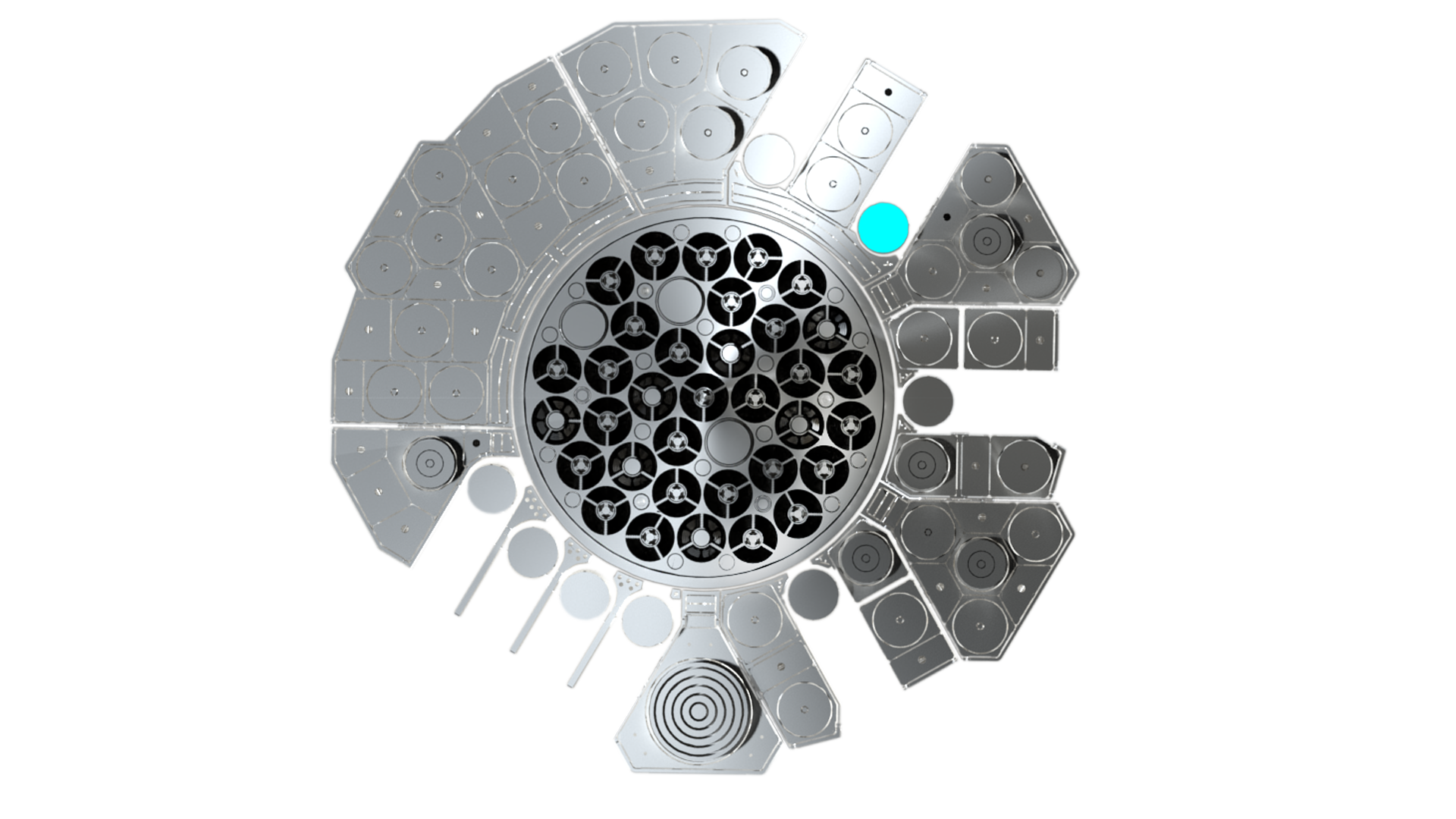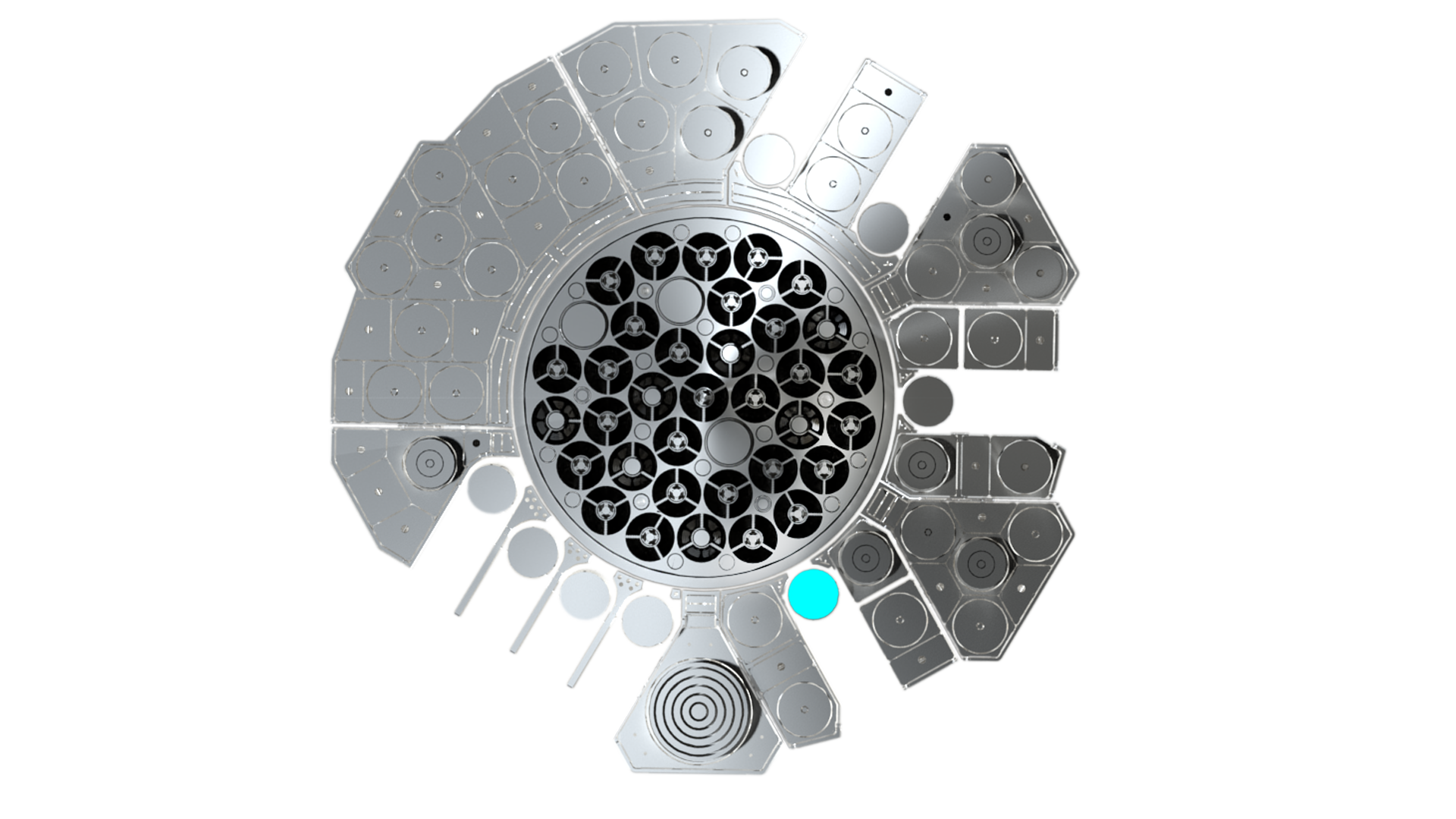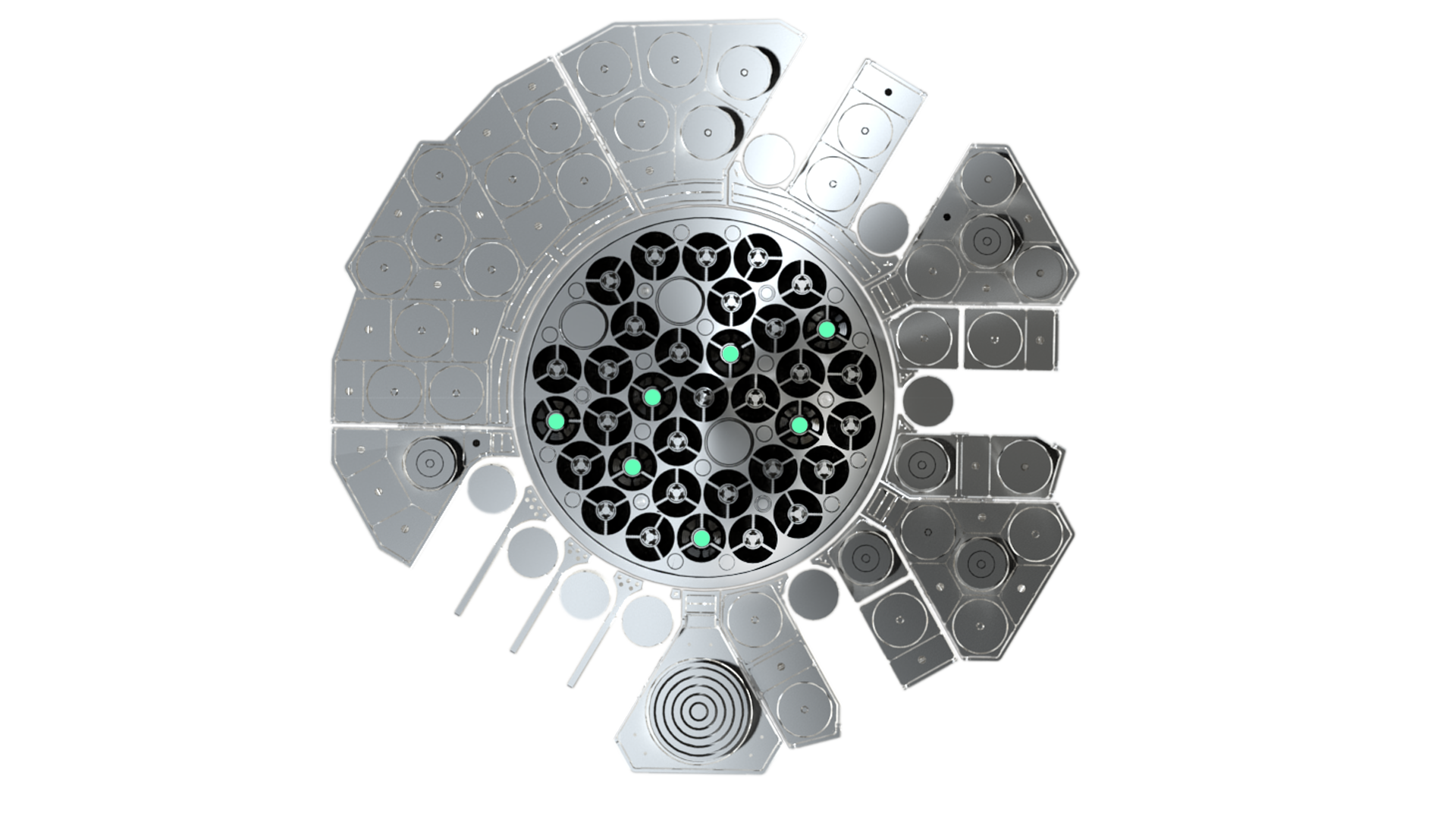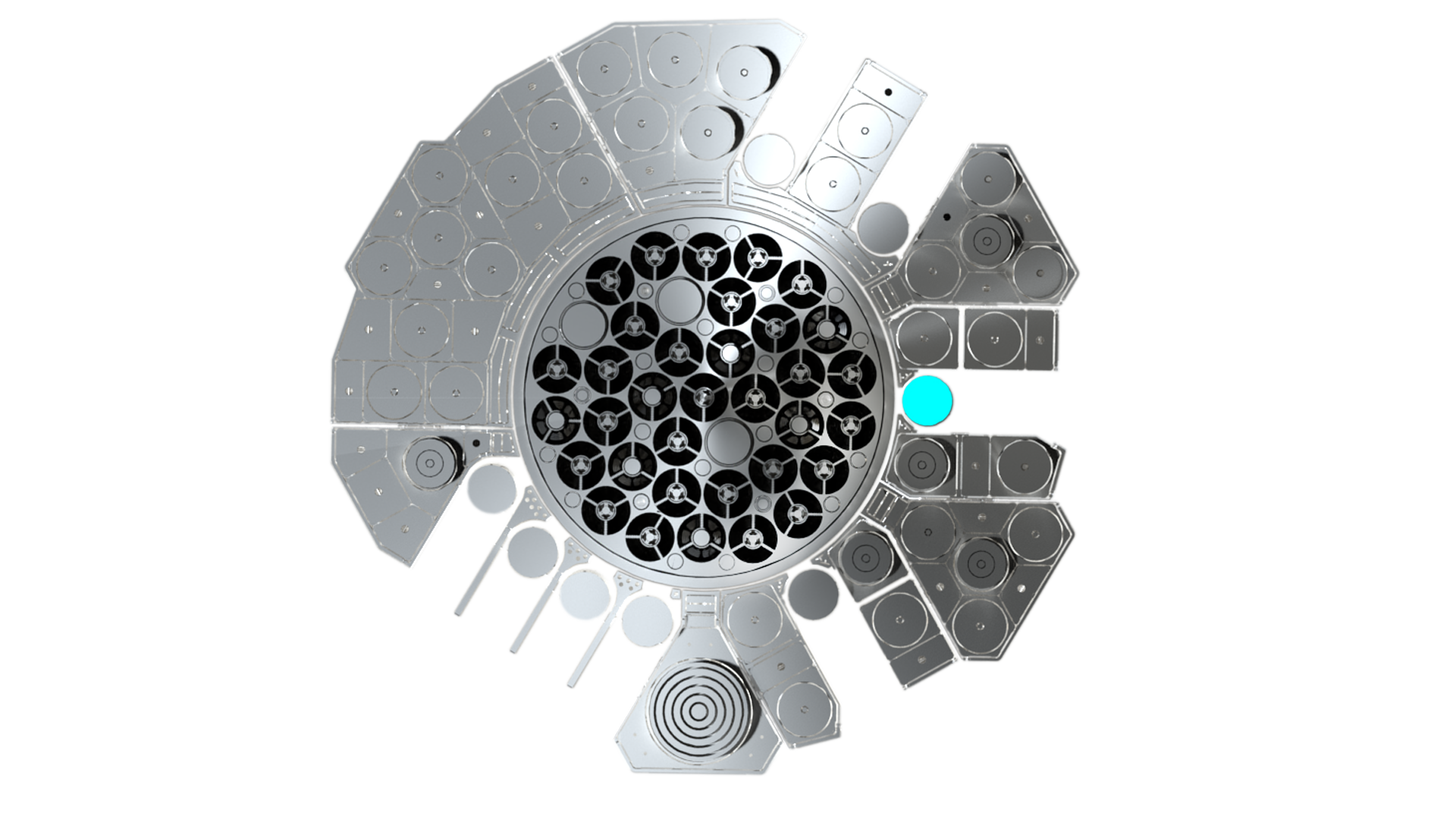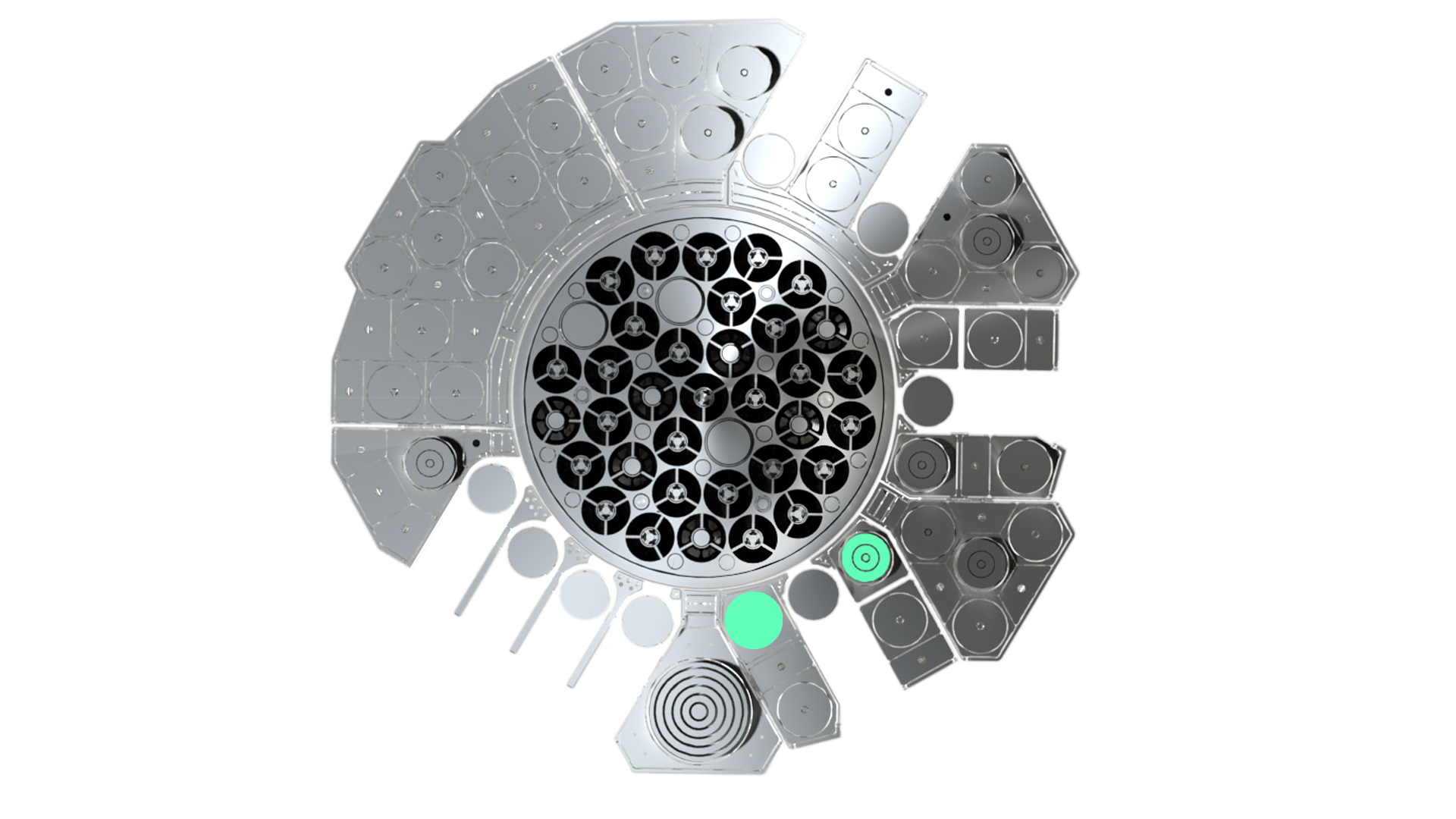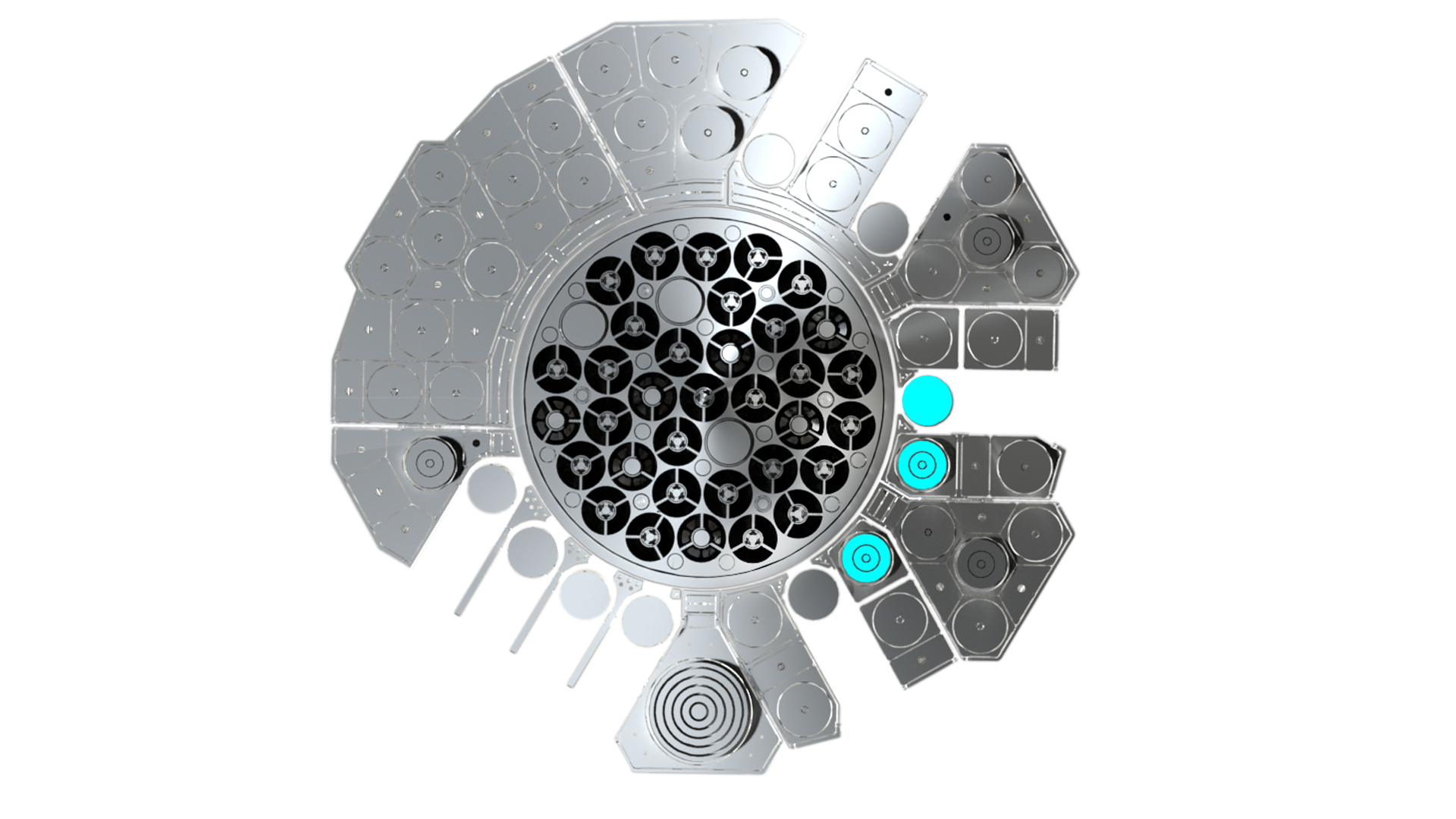TECHNOLOGICAL IRRADIATIONS
The JHR has been designed with a full set
of experimental devices making
it possible to conduct the experiments
needed to characterise,
select and qualify new fuels and materials.
Some of these experimental devices
are capsules while others are loops,
which makes it possible to adjust
the experimental conditions in real time
to obtain even better results.
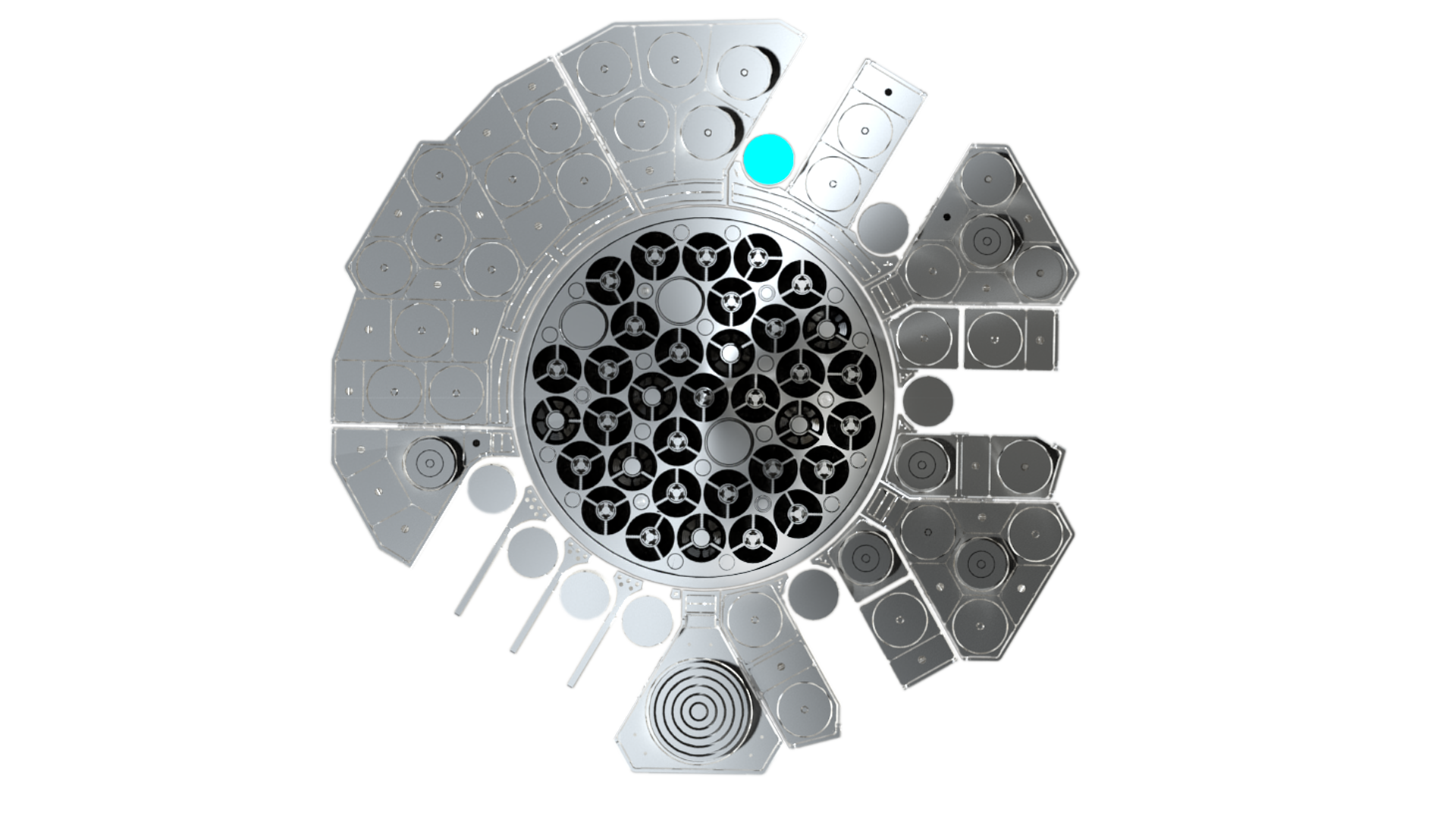
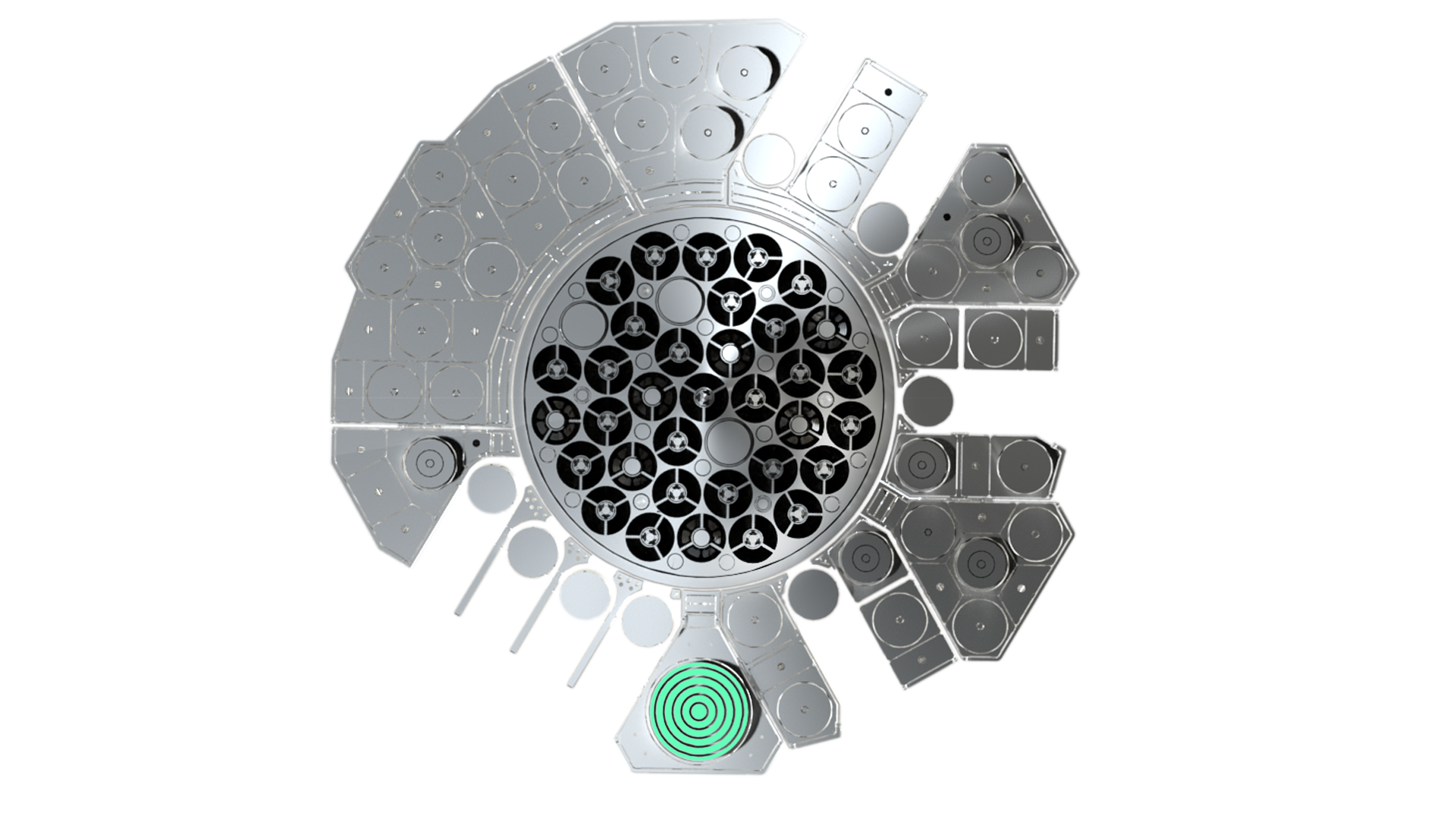
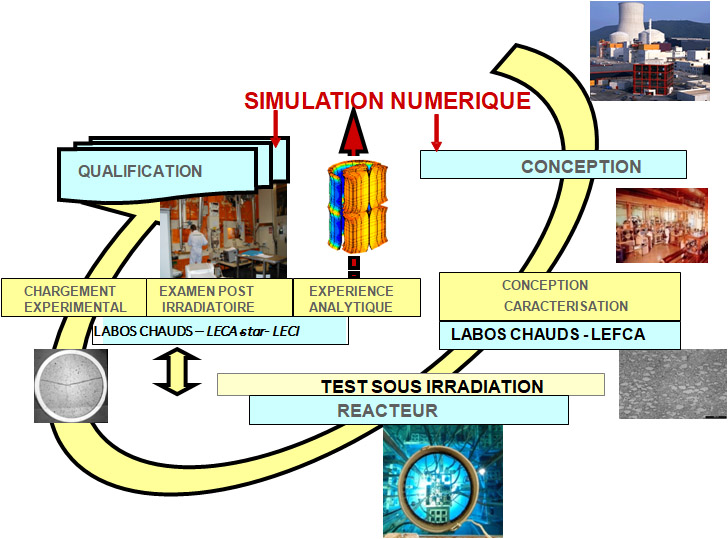
Once in service, the JHR will meet different irradiation requirements, most of which have already been identified for the first years of reactor operation:
■ Industrial needs, such as:
⦁ New management fuel processes
⦁ Higher burn-up rates
⦁ New fuel supplier
⦁ Qualification of new fuel products
⦁ New types of fuel
⦁ New reactor designs
⦁ Consolidation of existing safety margins in a context of evolving standards
⦁ Physical validation of new multi-scale and multi-physics modelling
⦁ Qualification of scientific computer tools used in safety cases
■ Need to improve scientific understanding on the behaviour of fuels and materials:
⦁ Fuel: study of thermomechanical behaviour, fission gases, and thermochemistry
⦁ Materials: studies on the physical phenomena of swelling, hardening and creep under irradiation, IASCC, and changes in deformation mechanisms under irradiation.
These needs concern:
• Products, namely fuels, for existing and future nuclear plants
• Existing power generation systems and their renewal (PWR, BWR, SMR, CANDU, etc.)
• Power generation systems excluding water reactors (PWR, SFR, etc.)
• Research on new power generation systems (GFR, super-critical water designs, molten salts, etc.)
• Studies on accident conditions affecting power generation systems (safety tests)
• Back-end of the nuclear fuel cycle
• Radioelements and sources
• Research on controlled fusion
• Research on experimental reactors
The JHR Material Test Reactor teams have been developing a set of experimental devices to meet the broad range of these needs.
Each experimental requirement will be studied in order to provide a customised service offering the following options:
• Additional instrumentation
• Confidentiality of all data collected from the experiment (secure and separate computer network)
• Broader services providing access to various test capabilities available in CEA facilities, preparation of samples to be irradiated)
• Choice of location for the experimental device
• First priority over other experiments (~20 performed at the same time).
One of the JHR Material Test Reactor’s strengths lies in its capacity to perform irradiation experiments on both materials and fuels.
This is why the JHR Material Test Reactor teams have developed numerous experimental devices, ranging from a simple capsule to an entire loop.
The purpose of these experimental devices is to help clients of the JHR Material Test Reactor to develop or improve (new) fuels and materials, from their selection to their qualification.
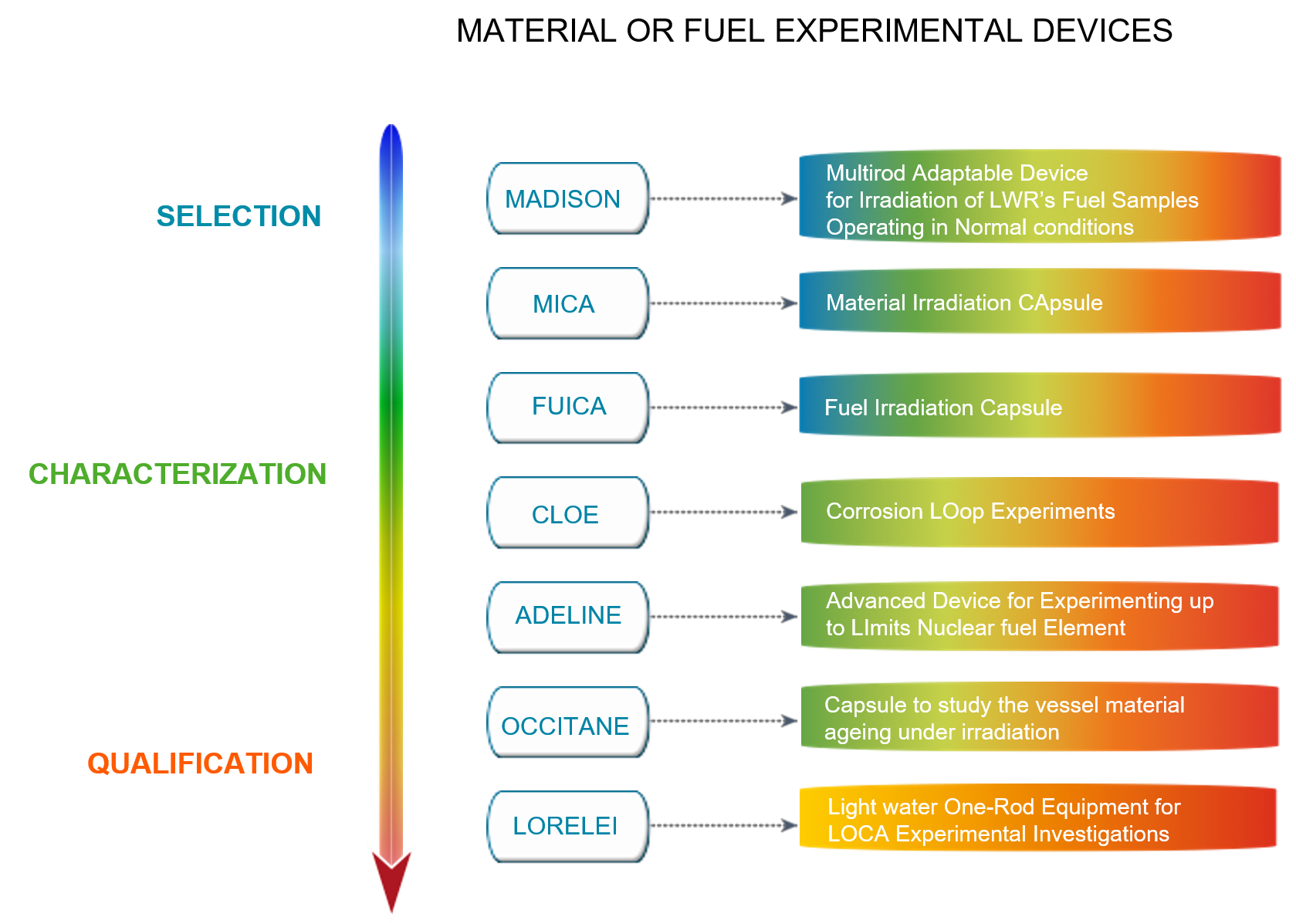
These experimental devices are intended to help JHR Material Test Reactor clients to develop or improve (new) fuels or materials from their selection to their qualification.
More information
Please contact us if you would like further information on how the JHR facility could meet your requirements: JHR@cea.fr


